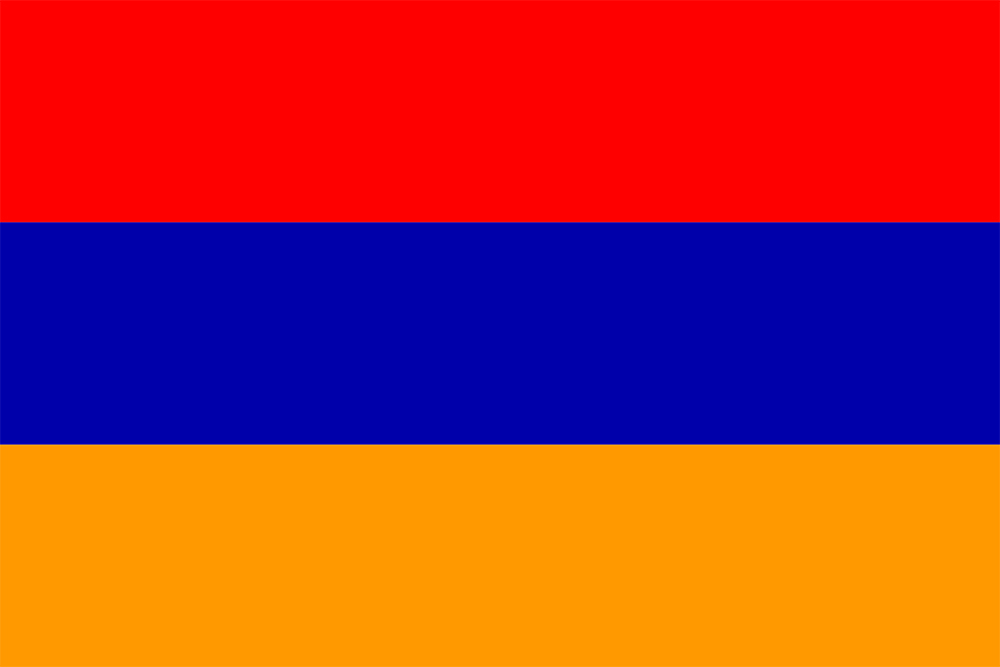In April 1915, the Muslim Turkish Ottoman Empire ordered a massacre and deportation of the Christian Armenian minorities, killing over 1.5 million Armenians. To this day, one hundred years later, the Turkish empire refuses to acknowledge this occurrence as a genocide. The Turkish government’s position states “there was no genocide because there was no systematic campaign to wipe out the Armenians,” according to Vox.com. And yet, those arguments are inconsistent with historical evidence. Their denial does not change the fact the Ottoman empire wiped out over two-thirds of the Armenian population.
“It’s not easy for a nation to call its founding fathers murderers and thieves,” Turkish historian Taner Akcam told the New York Times. So now, Turkish history books mark Armenians as traitors. And any prominent Turks who publicly accept the genocide, such as writer Orhan Pamuk, can face criminal charges. Despite all the evidence — denial occurs today.
ACKNOWLEDGING THE GENOCIDE
As an Armenian, I grew up knowing what had happened to my people and would ask my family, “Why do we not learn about the Armenian genocide during WWI in school?” As I matured and learned how the world operates, I began to understand why — because it is not officially acknowledged, a fact supported by Barack Obama’s statement during his 2008 presidential campaign: “As President, I will acknowledge the Armenian genocide.” And yet, later, while commemorating the 100 year anniversary of the massacre, President Obama still refuses to refer to this attack as a “genocide,” yet another reversal in his positions and one creating an uproar from Armenian activists, according to The Guardian.
It is important for the world to accept the 1915 Armenian genocide in order to repair the damage it caused. Animosity between the Turks and Armenians remains high. President Obama received pressure from the State Department to avoid using the term “genocide,” because to have done so would have created problems with Turkey. Playing with fire over history can only result in generations of people burned. But acceptance is the first step towards forgiveness.
HABORING LOVE
Thinking about the genocide saddens me, but it does not create anger. I mourn for those of my ancestry who died at the hands of the Ottoman Empire. I feel for the Turks who cannot acknowledge those actions without facing criminal charges. But because of Christ and his forgiveness of my sins, I can forgive the Turks for theirs. Those who do not have Christ’s love struggle with forgiveness and continue to strengthen the animosity between the two countries.
It is important for all of us to accept the mistakes we have made and the mistakes others have made towards us. As the Lord’s Prayer says, “forgive us our trespasses as we forgive those who have trespassed against us.”
In order to live the life God wishes for us, we must harbor love and not hate for those who hurt us. Martin Luther King Jr. said, “Darkness cannot drive out darkness; only light can do that. Hate cannot drive out hate; only love can do that.” Jews and Germans, Armenians and Turks, Christians and Muslims — we are all God’s people and we should love each other as he loves us.







